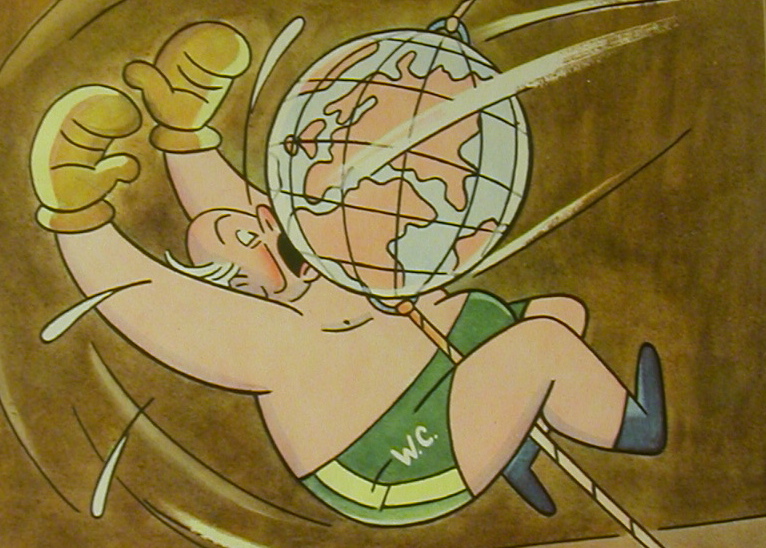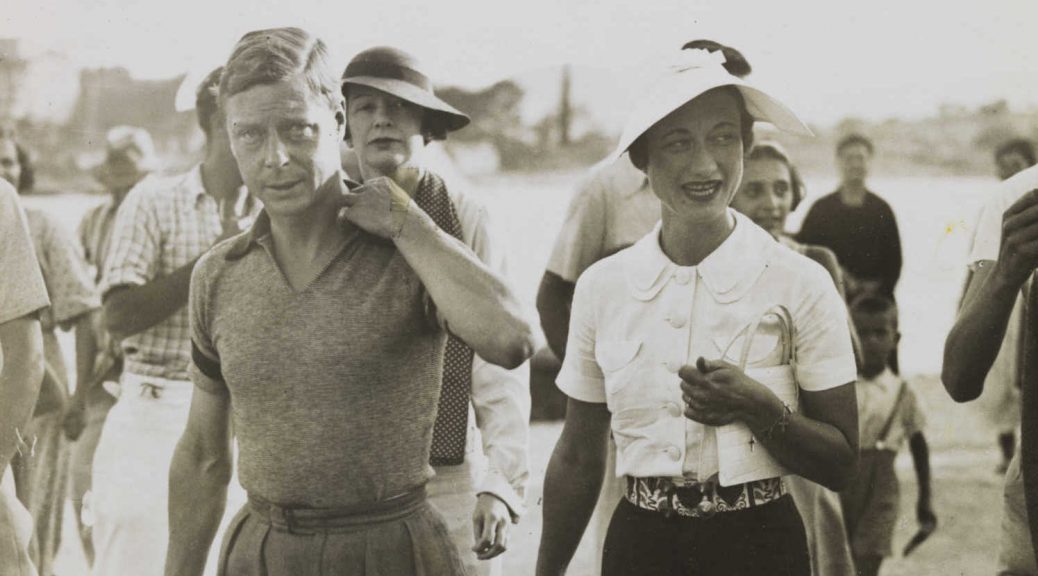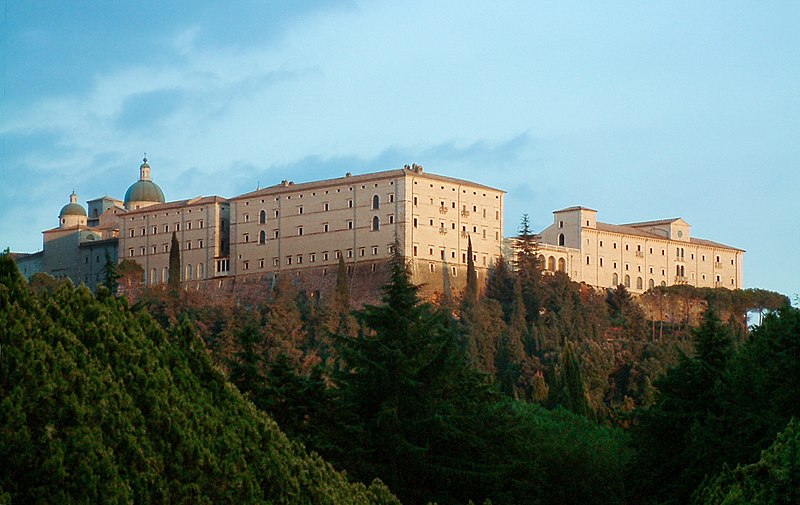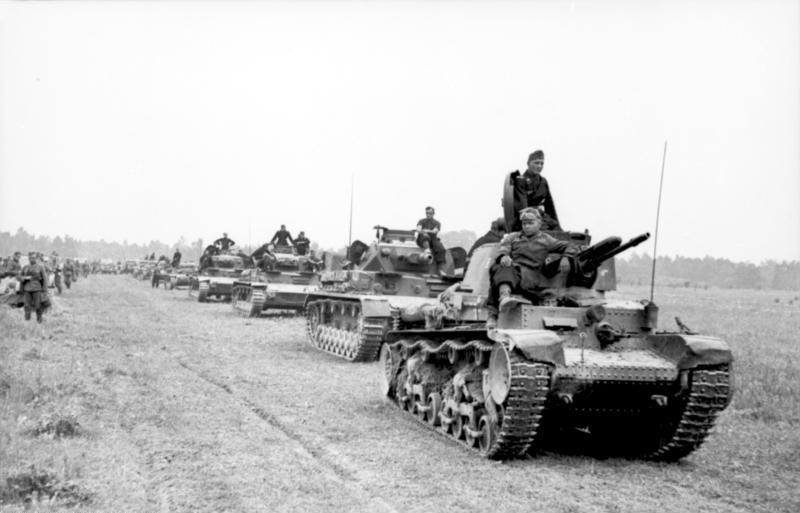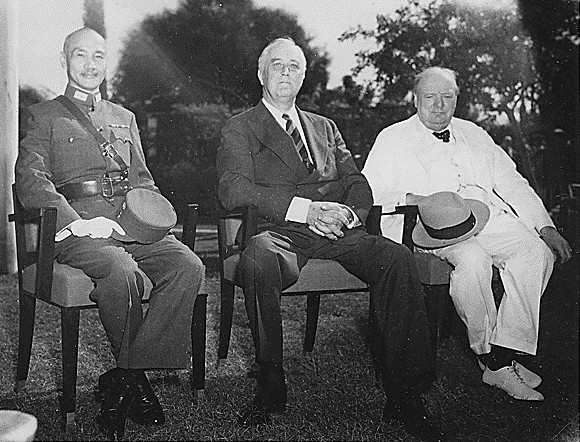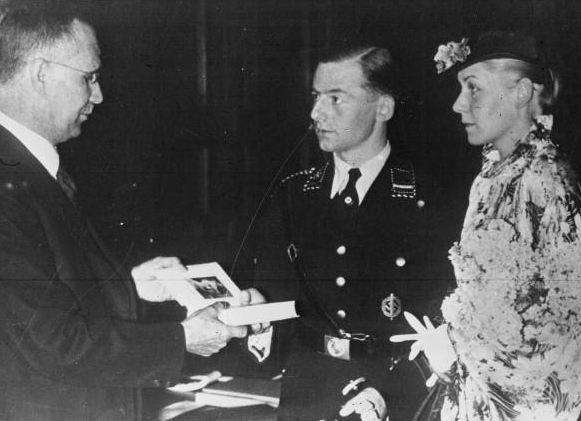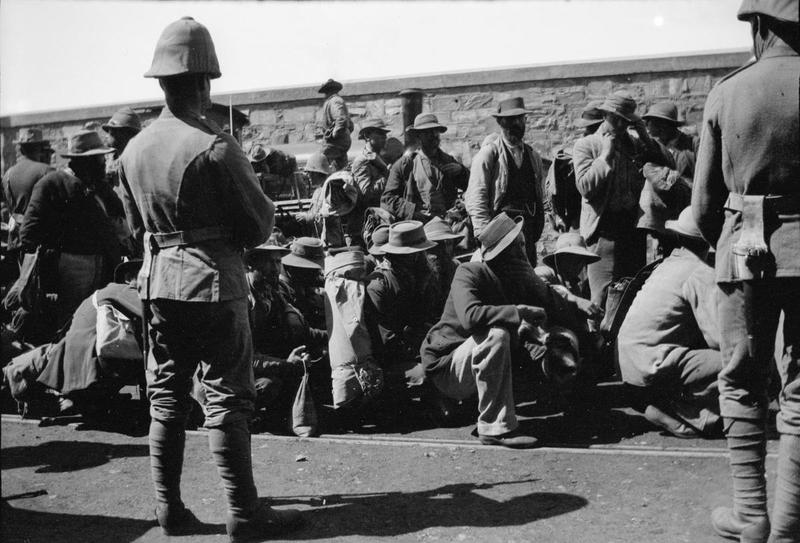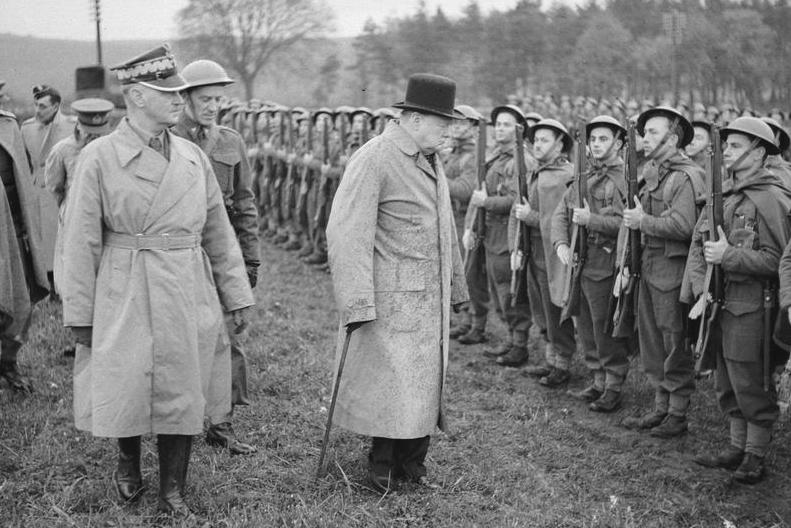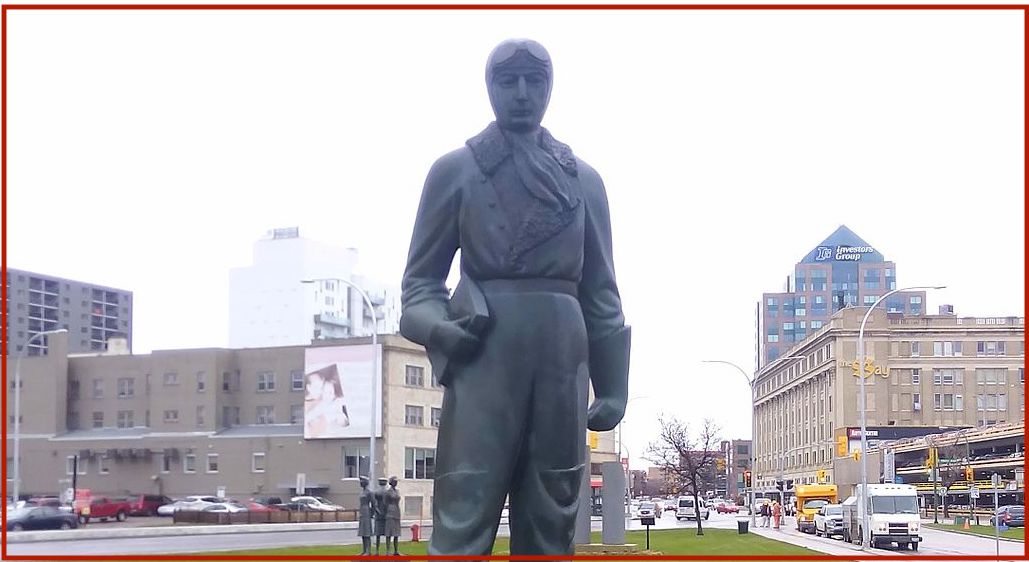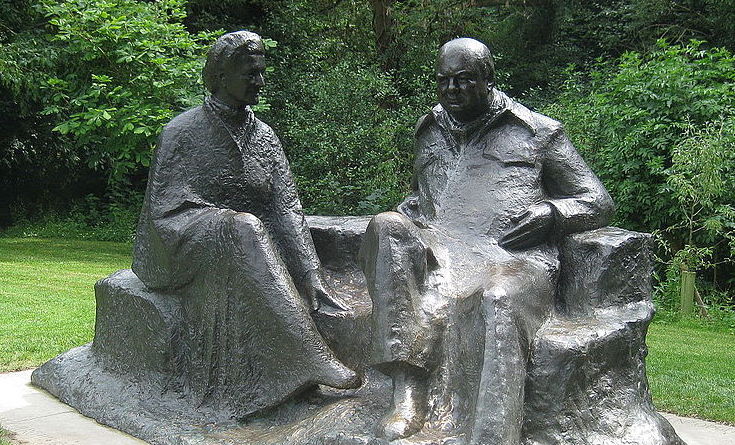
“To be opened in the event of my death…” Winston Churchill to his Wife, 1915
I am doing some work for my English AS course and need a comparative piece to go with a poem I am studying. I have tried looking for Winston Churchill’s goodbye letter to his wife but have been unsuccessful. Is there any way I could even have a part of the text of the letter for my studies? —A.S., UK
A: “In the event of my death…”This was a great and memorable letter. After his removal as First Lord of the Admiralty in 1915, Churchill spent six uneasy months in a sinecure position, unable to influence war policy.…
